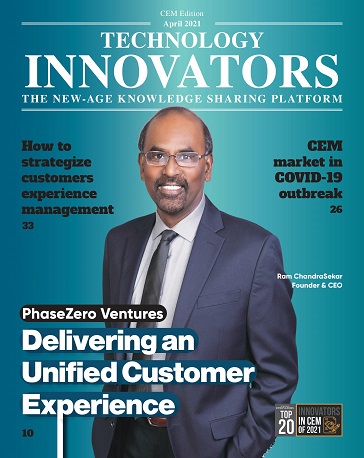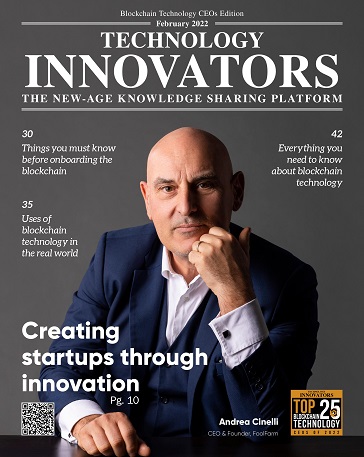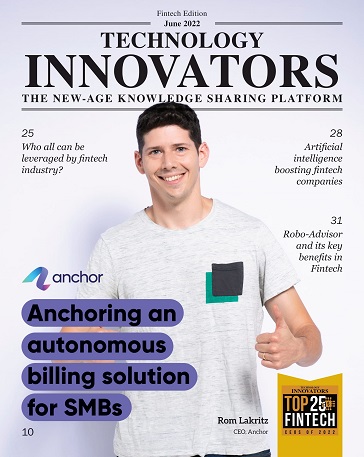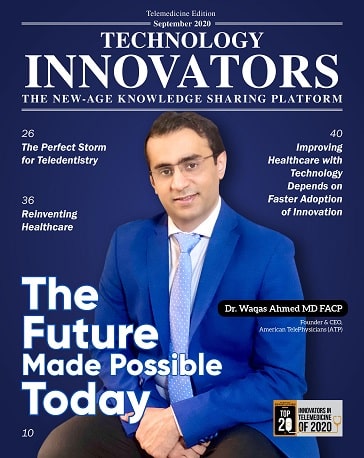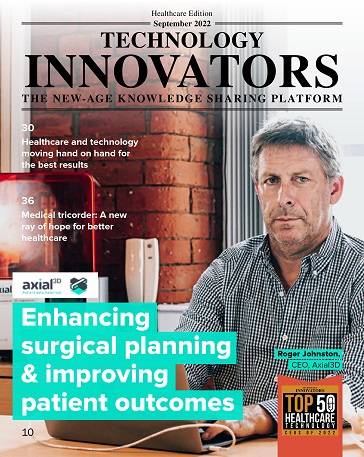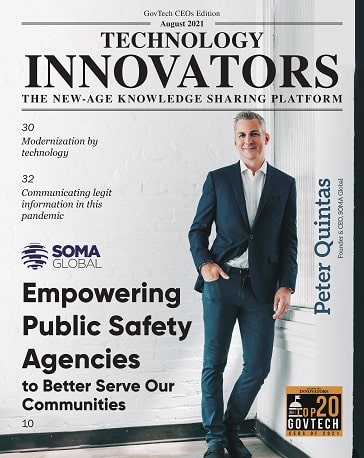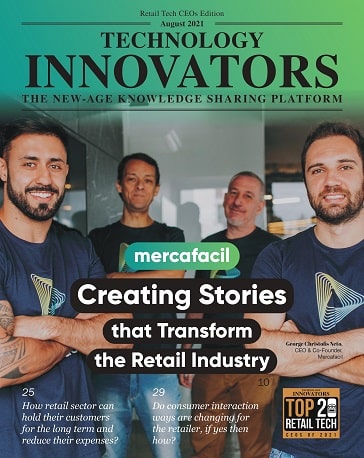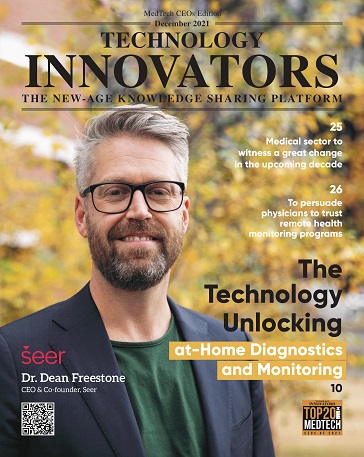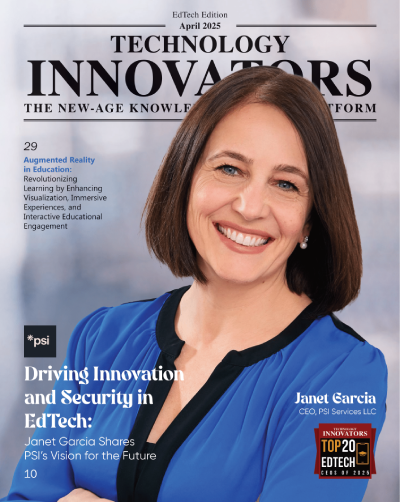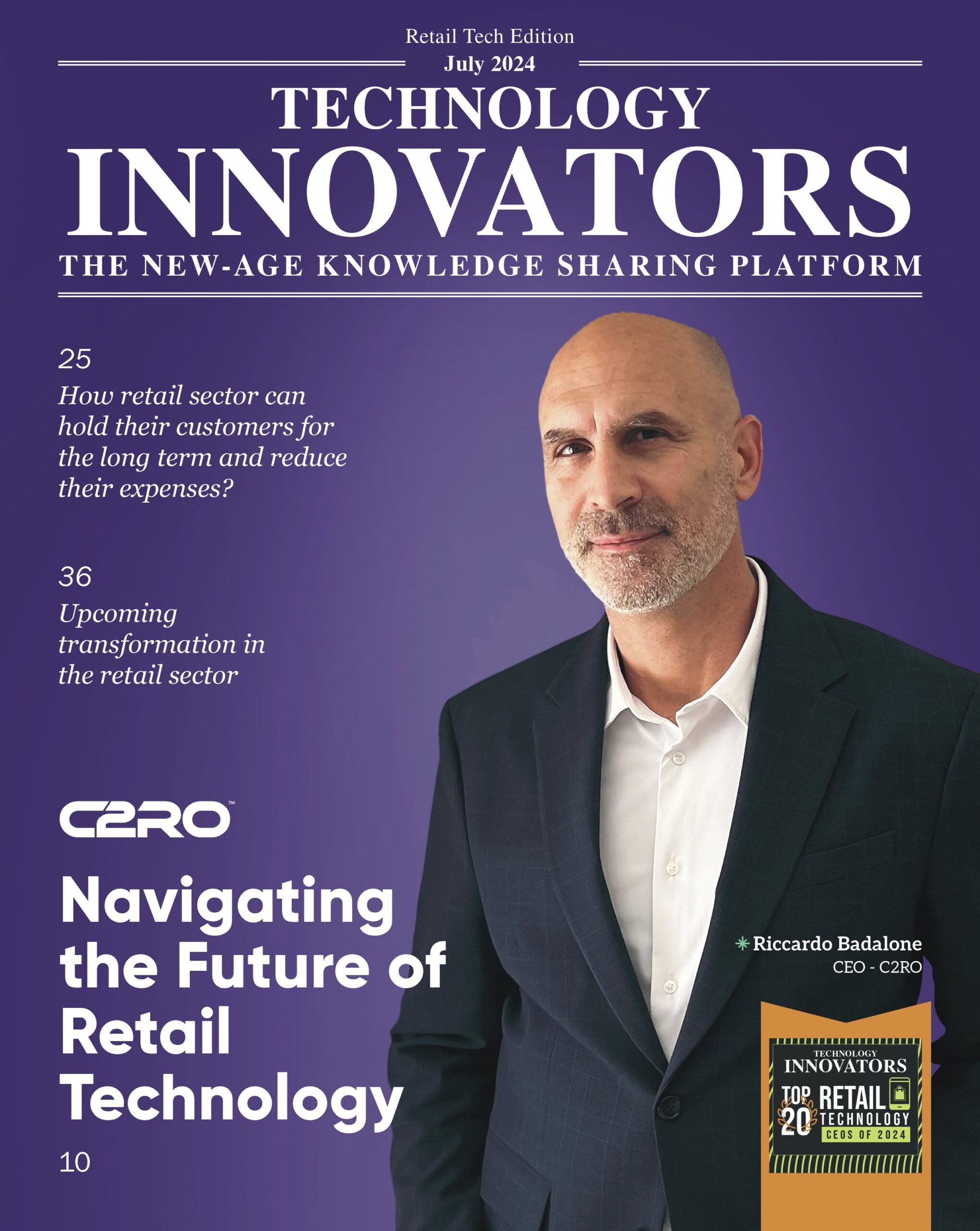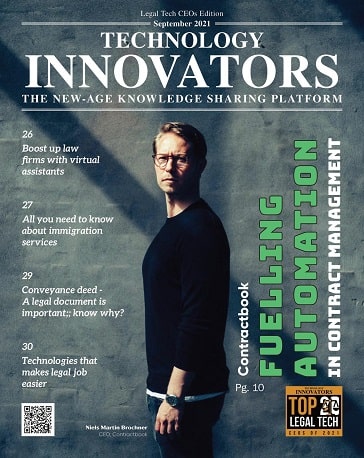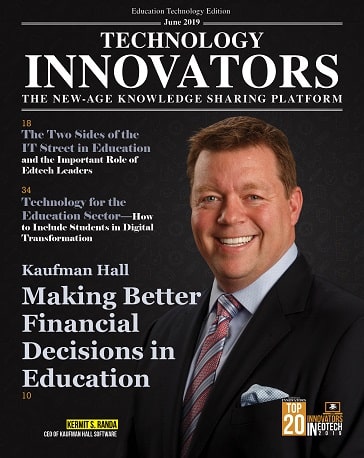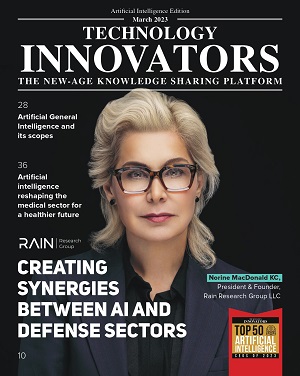Must-Subscribe Tech Magazines for Innovators
Technology Expertise For Success
Explore our technology expertise designed for success. Connect with industry innovators and leverage the latest advancements to transform your business.
Influential Tech Publications for Industry Insights
Technology Expertise for Success: Leveraging Innovation for Business Excellence
In an increasingly digital world, technology has become the cornerstone of success for businesses across industries. From startups to global enterprises, those who harness technology effectively are better positioned to drive innovation, streamline operations, enhance customer experiences, and stay ahead of the competition. In today’s fast-paced, technology-driven market, success requires more than just the adoption of new tools; it demands a deep understanding of how to strategically integrate and leverage these technologies.
This article delves into the essential elements of technology expertise and how businesses can use it to achieve lasting success. By focusing on the right technologies, fostering a culture of innovation, and ensuring alignment with business objectives, organizations can unlock their full potential.
1. Building a Strong Technological Foundation
To build a successful business in the digital age, it is crucial to lay a strong technological foundation. This involves selecting the right tools, platforms, and infrastructures that align with the business’s goals and vision. The key components of a solid tech foundation include:
- Cloud Computing: Cloud technology is essential for businesses to scale efficiently, reduce costs, and enable remote work. Cloud platforms like Amazon Web Services (AWS), Microsoft Azure, and Google Cloud offer businesses scalable infrastructure, data storage, and powerful tools for machine learning, data analytics, and more. Cloud services provide businesses with flexibility, allowing them to scale up or down depending on demand without the need for heavy upfront investments.
- Cybersecurity: In today’s digital world, protecting company data and customer information is paramount. A robust cybersecurity strategy is a critical component of technology expertise. Implementing multi-layered security systems, using encryption technologies, and conducting regular vulnerability assessments are key practices that help protect sensitive data from breaches and cyberattacks.
- Automation: Automation technologies streamline operations, reduce human error, and allow employees to focus on higher-value tasks. By leveraging automation tools like Robotic Process Automation (RPA), AI-driven chatbots, and automated marketing platforms, businesses can significantly improve efficiency and reduce costs. This allows them to be more agile and responsive to changing market conditions.
Having a solid technological foundation enables businesses to operate smoothly, respond to market dynamics quickly, and be more cost-efficient, thus laying the groundwork for sustained success.
2. Embracing Emerging Technologies for Competitive Advantage
Emerging technologies are at the heart of business innovation and provide organizations with a competitive edge. Understanding how to leverage these technologies is crucial for growth and long-term success. Some of the most impactful emerging technologies include:
- Artificial Intelligence (AI) and Machine Learning (ML): AI and ML are transforming industries by enabling businesses to automate decision-making, predict trends, and offer personalized experiences. In customer service, AI-driven chatbots like those offered by Zendesk and LivePerson are enabling businesses to engage with customers instantly, improving response times and customer satisfaction. AI algorithms can also help companies optimize pricing strategies, inventory management, and marketing campaigns.
- Blockchain: Beyond cryptocurrencies, blockchain is being used to enhance transparency, security, and efficiency in industries such as finance, supply chain management, and healthcare. Blockchain technology enables secure, decentralized transactions, which help reduce fraud and build trust among stakeholders. Innovators like IBM Blockchain and Ripple are leveraging this technology to enable faster, more secure financial transactions.
- Internet of Things (IoT): IoT connects devices and sensors to collect and exchange data, offering businesses real-time insights into operations, product performance, and customer behavior. For example, General Electric’s Predix platform uses IoT to collect data from industrial equipment, enabling companies to predict equipment failures and perform preventive maintenance. IoT also allows businesses to track assets, optimize supply chains, and enhance customer experiences through smart products.
- 5G and Edge Computing: With 5G, businesses can achieve faster, more reliable internet speeds, enabling real-time communication and data exchange. Edge computing complements 5G by processing data closer to its source, reducing latency and enabling faster decision-making. Industries like autonomous vehicles, manufacturing, and healthcare are already exploring how 5G and edge computing can transform operations.
Staying ahead of technological advancements and understanding how to integrate these emerging technologies into the business model is essential for companies to remain competitive and agile in the marketplace.
3. Fostering a Culture of Innovation
Technological success is not just about adopting the latest tools—it’s about fostering a culture that encourages continuous innovation. Organizations need to empower employees to think creatively, take risks, and explore new ideas. A culture of innovation allows businesses to stay relevant, adapt quickly to changes, and drive transformation. Key elements of fostering an innovative culture include:
- Encouraging Collaboration: Innovation thrives when teams from diverse backgrounds and skill sets collaborate. Organizations should create an environment that promotes cross-functional collaboration between departments like IT, marketing, sales, and operations. Collaboration ensures that new technologies are implemented in a way that benefits all areas of the business and aligns with the broader strategic objectives.
- Supporting Continuous Learning: In the rapidly evolving tech landscape, it is important for businesses to invest in ongoing training and development. Offering employees access to resources, workshops, and certifications in emerging technologies helps ensure that the workforce is equipped with the skills needed to leverage new tools effectively. Investing in a learning culture also helps attract and retain top talent.
- Promoting Risk-Taking and Experimentation: Innovation often involves trial and error. Businesses should encourage employees to experiment with new ideas, even if it means failing a few times along the way. This risk-taking mentality fosters creativity and helps businesses discover breakthrough technologies or new approaches that can lead to growth and success.
- Incentivizing Innovation: Recognizing and rewarding innovative efforts motivates employees to contribute their ideas and solutions. Implementing an incentive structure, such as bonuses, recognition programs, or stock options, can drive the company’s innovation efforts and create a strong sense of ownership among employees.
By cultivating a culture of innovation, businesses can continuously adapt, optimize, and improve their technological capabilities, setting the stage for long-term success.
4. Integrating Technology with Business Strategy
Technology must be closely aligned with a company’s business strategy in order to drive growth and achieve objectives. It’s not enough to simply adopt new tools; technology must be seamlessly integrated into the fabric of the business to enhance performance and deliver value to customers.
- Data-Driven Decision Making: The integration of data analytics into the decision-making process is key to modern business strategy. By leveraging technologies such as big data analytics and business intelligence (BI) tools, companies can gain insights into customer behavior, market trends, and operational performance. This data-driven approach allows businesses to make informed decisions that drive profitability and growth.
- Agile Methodologies: Adopting agile project management methodologies helps businesses rapidly develop, test, and implement new technologies and solutions. This iterative approach ensures that technology implementations remain flexible and can quickly adapt to changing market conditions or customer needs.
- Customer-Centric Approach: Technology should always serve the customer. Companies must ensure that their technological investments are aligned with improving customer experiences and meeting customer needs. From personalized marketing to AI-driven customer service, the key is to use technology to enhance value for the customer at every touchpoint.
- Scalable Solutions: As businesses grow, their technology solutions should scale accordingly. This requires a strategic approach to technology investments, ensuring that tools, platforms, and systems can handle increasing volumes of data, transactions, and customer interactions. Cloud computing, for example, provides the scalability needed to grow without the constraints of traditional on-premise infrastructure.
Aligning technology with business strategy is vital for maximizing the return on technological investments and driving business success.
5. Measuring and Optimizing Technology Impact
To ensure that technology investments are delivering value, businesses must establish key performance indicators (KPIs) and continuously measure the impact of technology on business operations. This includes monitoring metrics related to operational efficiency, customer satisfaction, revenue growth, and innovation.
- ROI on Technology Investments: Businesses need to assess the return on investment (ROI) for technology initiatives. By tracking costs and comparing them with the benefits—such as increased productivity, improved customer engagement, and reduced operational costs—businesses can determine the effectiveness of their technology strategies and optimize future investments.
- Customer Feedback: Collecting and analyzing customer feedback is crucial for understanding how technology is affecting the customer experience. Feedback can reveal areas for improvement and help businesses refine their digital offerings to better meet customer expectations.
- Continuous Improvement: Technology expertise is an ongoing process of continuous improvement. Businesses should regularly review and update their technological infrastructure, software solutions, and systems to ensure they remain relevant and effective. This proactive approach helps businesses stay ahead of competitors and continue to drive growth.
Conclusion
In the modern business landscape, technology expertise is essential for success. By building a solid technological foundation, embracing emerging technologies, fostering a culture of innovation, and aligning technology with business strategy, companies can create the conditions for sustained growth. It’s not enough to simply adopt new technologies—businesses must integrate them into their operations, measure their impact, and continuously optimize their processes. Those who do so effectively will be well-positioned to thrive in an ever-evolving digital world.
Discover cutting-edge technology expertise that drives success. Join our community of innovators and elevate your business with transformative solutions.
Join the Global Movement! Subscribe to Technology Innovators Magazine today and be part of the conversation that’s shaping the future of technology across the globe.
Contact us
Want to get in touch? We make it our priority to respond to every request within 24h.


